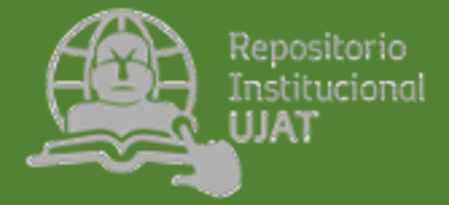General health, lifestyles and quality of life in university athletes from northeastern Mexico
DOI:
https://doi.org/10.19136/hs.a23n3.5726Abstract
Objective: To examine the association between general health, lifestyles and quality of life according to sex and type of sport in high performance university athletes.
Materials and Methods: Cross-sectional study conducted in 512 high performance athletes. The sample consisted of all high-performance athletes from a public university. They were classified by type of sport according to M Bouet. The GHQ-12 instrument was applied to establish general health (GH), PEPS-I scale for lifestyles (LS) and SF-12 to establish quality of life (QOL). Student's t test and Chi2 were used, as well as Mann Whitney U test to establish differences by sex and Kruskal Wallis for comparisons by type of sport. The study was approved by the corresponding Ethics and Research Committee.
Results: The mean in GH was higher in women, and by type of sport no differences were observed (p>.05). As for LS, it was higher in men, and by type of sport, there was a difference in the nutrition dimension between the ball game group and the athletic group, and in self-refreshment between the chess and archery group and the ball game group (p=.0001). The average total QOL was higher in women. By type of sport, differences were observed in the physical function dimension between the combat and athletic groups, and in the general health dimension between the combat and ball game groups (p=.0001).
Conclusions: General health and quality of life were higher in women, while lifestyle was higher in men. Regarding the type of sport, general health did not show differences, but lifestyle and quality of life did.
Keywords: General health; Healthy lifestyle; Quality of life; College athletes.
Downloads
Downloads
Published
Issue
Section
License
Copyright (c) 2024 Horizonte Sanitario

This work is licensed under a Creative Commons Attribution-NonCommercial-ShareAlike 4.0 International License.



































